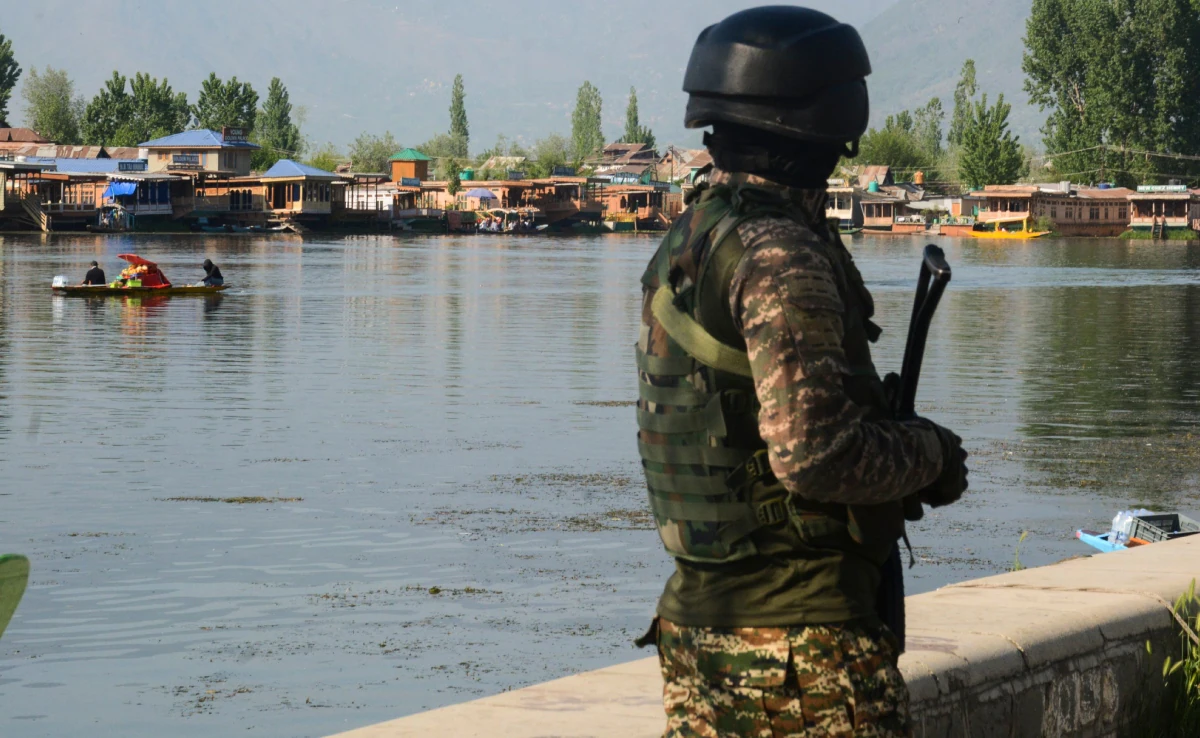In a decisive action to combat terrorism within its administrative ranks, the Lieutenant Governor of Jammu and Kashmir, Manoj Sinha, has taken the extraordinary step of dismissing three government employees for their alleged connections to terrorist organizations supported by Pakistan. The individuals dismissed—Malik Ishfaq Naseer, Ajaz Ahmed, and Waseem Ahmad Khan—are now also facing incarceration after an investigation linked them to notorious banned groups such as Lashkar-e-Taiba (LeT) and Hizb-ul-Mujahideen (HM).
This significant move comes in the wake of a tragic terror incident that occurred in April, resulting in the deaths of 26 civilians in the Union Territory. Security officials have indicated that these employees were not merely sympathizers of terrorism but were actively involved in facilitating terrorist operations.
Malik Ishfaq Naseer, who has served as a police constable since 2007, has been accused of orchestrating supplies of arms, explosives, and narcotics to operatives of the LeT. His criminal activities emerged during an investigation into arms smuggling, where officials uncovered his role in providing shelter for militants and supplying them with weapons. Notably, his brother, Asif Naseer, was killed in an encounter with security forces in 2019.
Another individual, Ajaz Ahmed, has worked as a teacher in the School Education Department since 2011 and was reportedly an active member of Hizbul Mujahideen in the Poonch district. He was apprehended earlier this year while transporting a stash of arms, reportedly following directives from a handler based in Pakistan-Occupied Kashmir. Authorities also recovered Hizbul propaganda materials from his possession.
Waseem Ahmad Khan, a junior assistant at the Government Medical College in Srinagar since 2007, has been implicated in a 2018 terror plot that led to the assassination of journalist Shujaat Bukhari and his two security personnel. His connection to the terrorists came to light during an expansive investigation into that chilling incident.
A senior security official emphasized that infiltrations within crucial government sectors, such as the police force and educational institutions, present severe national security risks. “Having a mole within the system endangers missions and can lead to loss of lives. This action represents a larger initiative to expunge internal supporters of terrorism,” the official stated.
Currently, all three dismissed individuals remain in judicial custody as authorities continue their investigations into the extent of their connections and activities related to terrorist networks.







